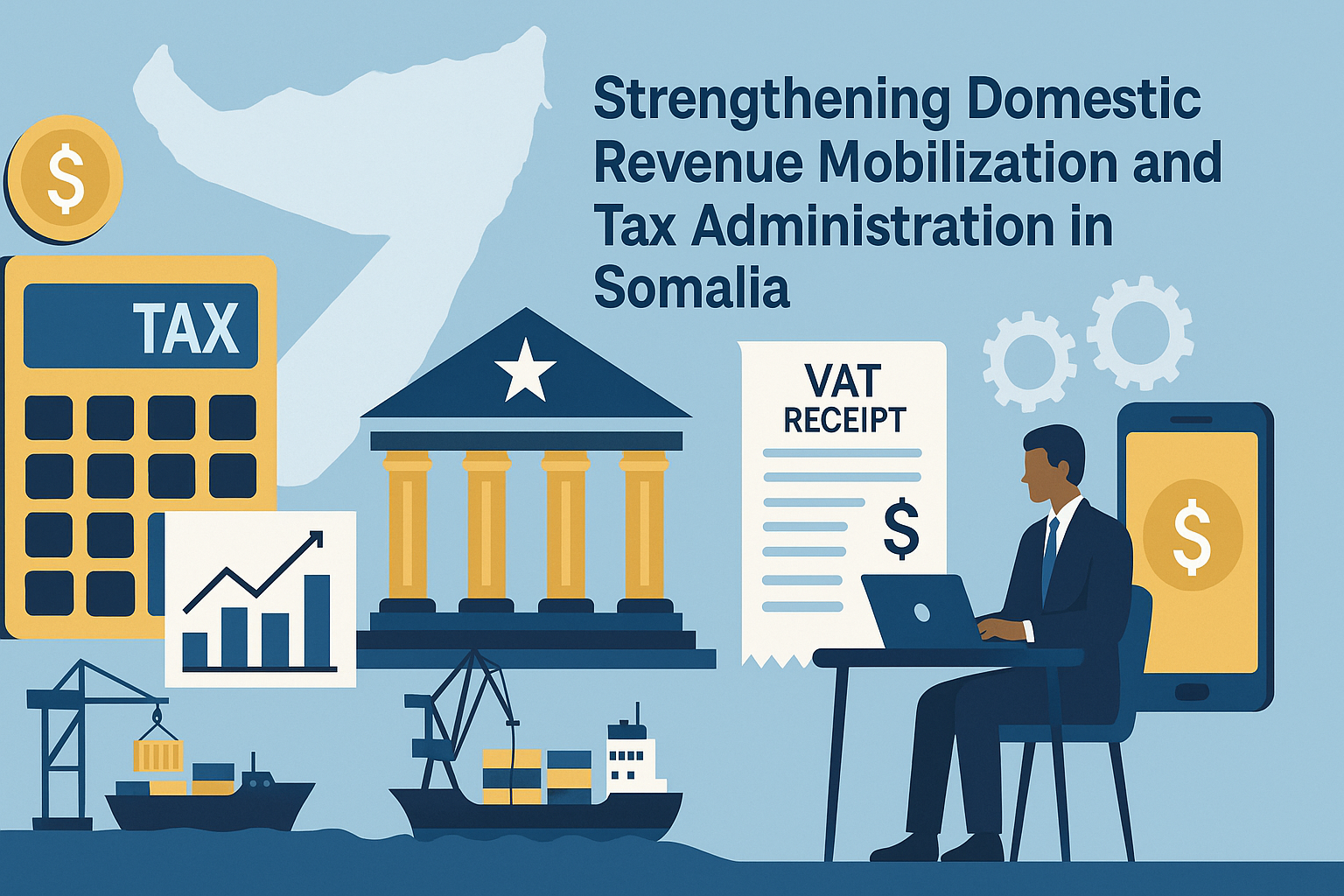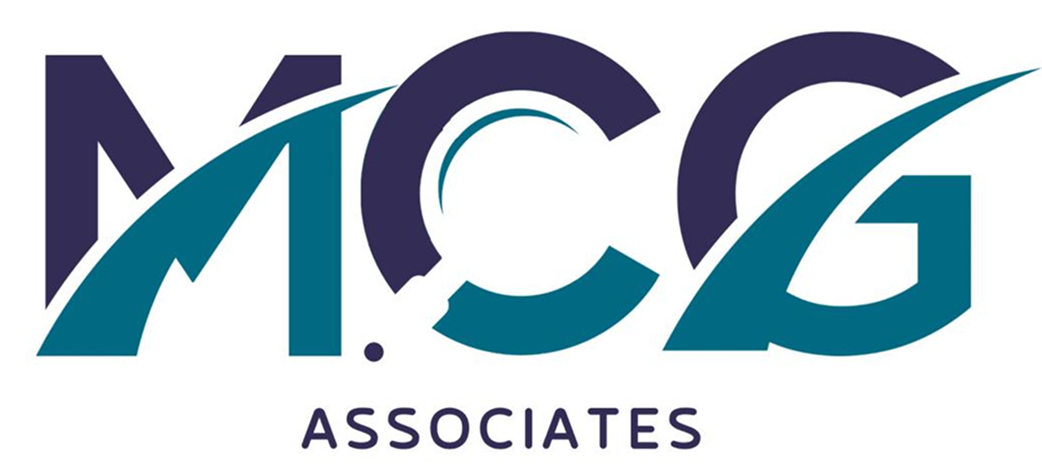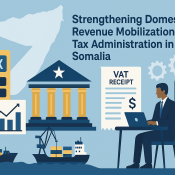
Strengthening Domestic Revenue Mobilisation and Tax Administration in Somalia
Somalia is taking significant steps to rebuild its tax system and increase domestic revenues—critical for financing public services, reducing dependence on aid, and strengthening state stability. Domestic revenues have tripled since 2016, reaching USD 369 million in 2024, yet the revenue-to-GDP ratio remains among the lowest globally at about 3% for the federal government.
The Government, supported by development partners such as the IMF, World Bank, and AfDB, is implementing a Medium-Term Revenue Roadmap (2024–2027) focused on:
-
Tax Policy Reform – Modernising tax laws, introducing new measures such as a 5% tax on mobile money transactions, and preparing for broader consumption taxes like VAT.
-
Administrative Capacity Building – Strengthening the Inland Revenue and Customs Departments through training, improved systems, and integrity measures.
-
Digitalisation – Rolling out e-filing, mobile payment systems, and an Integrated Tax Administration System to improve efficiency and transparency.
-
Institutional Frameworks – Updating legal structures, strengthening governance, and planning a semi-autonomous Revenue Authority.
-
Compliance Strategies – Expanding taxpayer registration, simplifying filing processes, and introducing risk-based enforcement.
-
Federal–State Coordination – Advancing fiscal federalism agreements to harmonise tax policies and share revenues fairly.
Challenges remain, including insecurity, limited administrative capacity, public trust deficits, and intergovernmental tensions. However, recent reforms have already boosted collections and improved systems. By sustaining these efforts, Somalia aims to raise its revenue-to-GDP ratio closer to international benchmarks, enabling greater self-reliance and better service delivery for its citizens.


